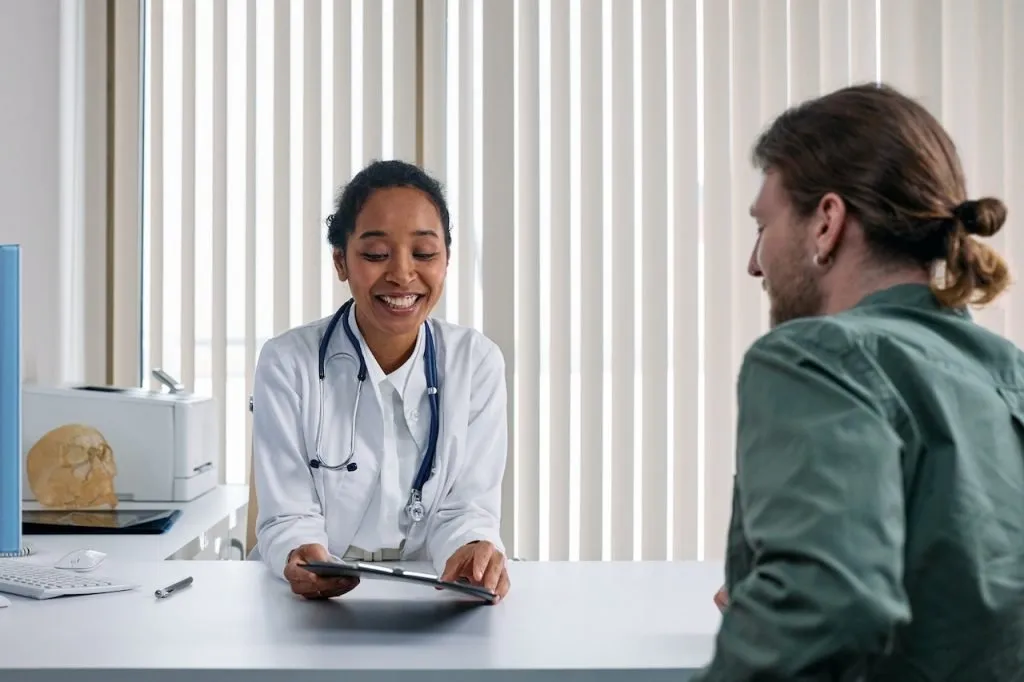24/7 Helpline:
(866) 899-221924/7 Helpline:
(866) 899-2219
Learn more about Bipolar Disorder Treatment centers in Gooding County

Other Insurance Options

Ceridian

Evernorth

Optum

MVP Healthcare

Holman Group

MHNNet Behavioral Health

Covered California

BlueShield

Meritain

Medical Mutual of Ohio

Private insurance

PHCS Network

UMR

Oxford

Health Partners

Humana

United Health Care

State Farm

Optima

Molina Healthcare

Walker Center
Walker Center, in Gooding, Idaho, is an integrative, 12 step focused drug and alcohol rehab for adul...

Pro Active Behavioral Health
Pro Active Behavioral Health is a private rehab located in Gooding, Idaho. Pro Active Behavioral Hea...

The Walker Center – Residential Treatment
The Walker Center – Residential Treatment is a private rehab located in Gooding, Idaho. The Walker C...




























